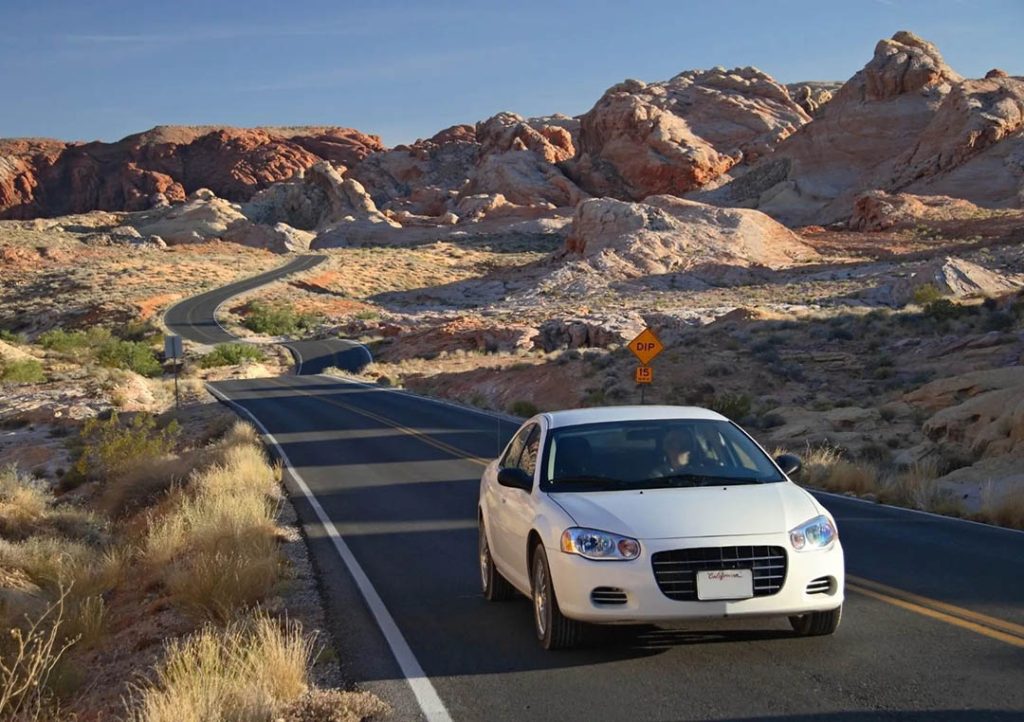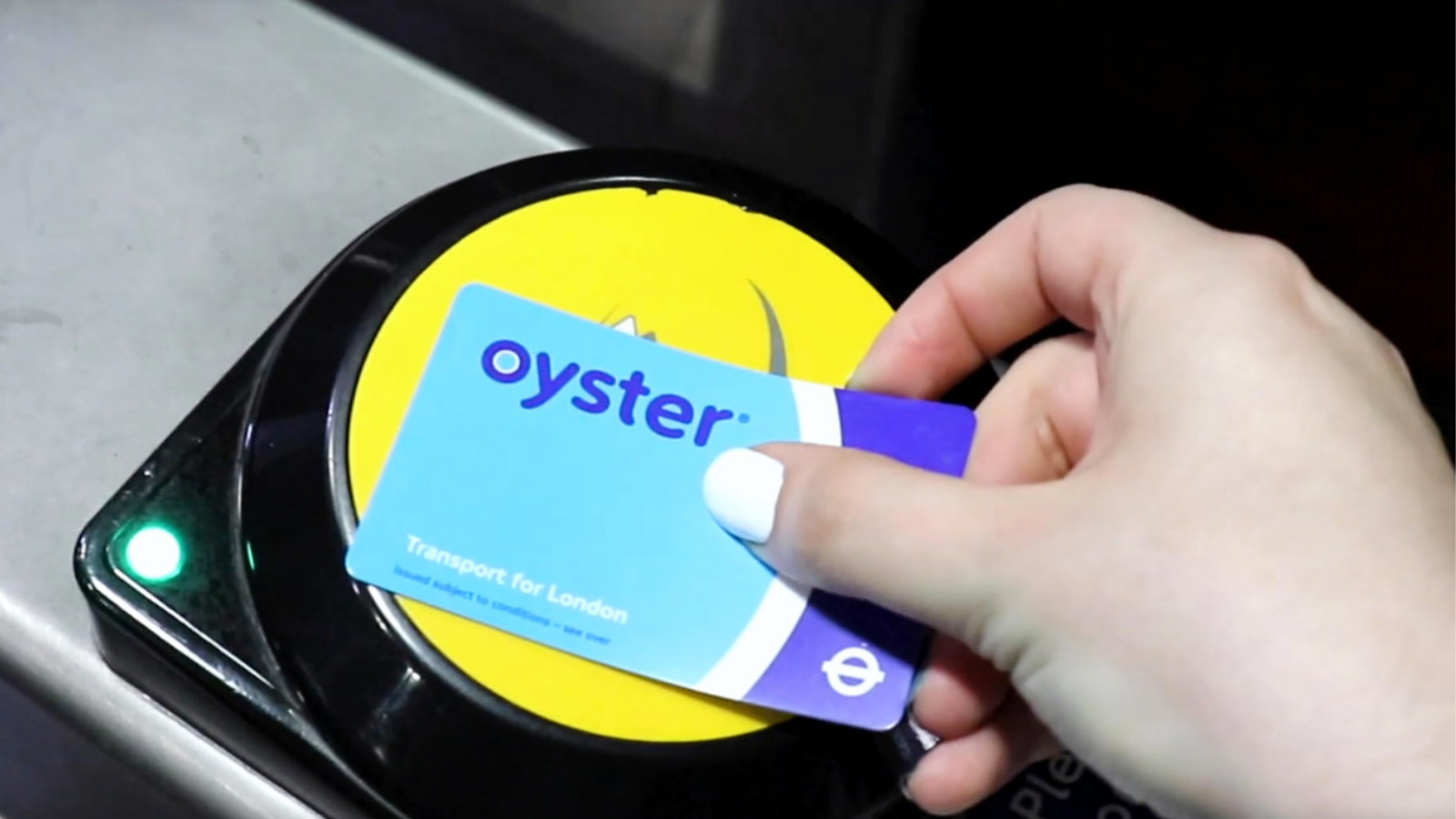Renting a car in Turkey can be an excellent way to explore the country’s diverse landscapes and historic sites at your own pace. From the bustling streets of Istanbul to the scenic drives along the Aegean and Mediterranean coasts, having your own vehicle offers the flexibility and freedom to create your unique travel itinerary. We’ll share our tips and personal experiences to help you navigate the process of renting a car in Turkey smoothly and safely.
Is It Safe to Rent a Car in Turkey?
General Safety
Renting a car in Turkey is generally safe, and many tourists choose this option to enhance their travel experience. However, as with driving in any foreign country, it’s essential to be aware of local driving customs and regulations to ensure a safe journey. Turkish drivers can be more aggressive compared to what some travelers might be used to, so staying vigilant and driving defensively is crucial.
Insurance
When renting a car, make sure to choose a comprehensive insurance package that covers damage, theft, and third-party liability. This provides peace of mind in case of accidents or unforeseen events. Review the terms and conditions of the insurance policy carefully and consider purchasing additional coverage if needed.
Choosing a Reputable Rental Company
Opt for well-known and reputable car rental companies to avoid potential scams and ensure a high level of service. International brands like Avis, Hertz, and Enterprise operate in Turkey, along with trusted local companies. Check online reviews and ratings before making a reservation.
Traffic Rules in Turkey
Driving License
Foreign drivers can use their valid driving license from their home country for up to six months in Turkey. However, it’s advisable to carry an International Driving Permit (IDP) as it can be helpful in case of any issues or if your license is not in the Roman alphabet.
Speed Limits
- Urban Areas: 50 km/h (31 mph)
- Rural Roads: 90 km/h (56 mph)
- Highways: 120 km/h (75 mph)
Speed limits are strictly enforced, especially on highways, so adhere to them to avoid fines.
Seat Belts and Child Safety
Seat belts are mandatory for all passengers. Children under 12 years old must sit in the back seat, and child safety seats are required for younger children.
Alcohol Limits
The legal blood alcohol limit for drivers is 0.05%. Turkey has strict penalties for drunk driving, including heavy fines and possible imprisonment. It’s best to avoid consuming any alcohol if you plan to drive.
Mobile Phones
Using a mobile phone while driving is illegal unless you have a hands-free device. Penalties can include fines and points on your license.
What Are the Roads Like in Turkey?
Highways and Major Roads
Turkey has an extensive network of well-maintained highways and major roads connecting its cities and tourist destinations. The highways, known as “otoyol,” are often toll roads, but they offer smooth and efficient travel.
Urban Roads
In urban areas, roads can be busy and congested, especially in large cities like Istanbul and Ankara. Traffic jams are common during peak hours, so plan your travel accordingly.
Rural and Mountain Roads
Rural and mountain roads can vary in quality. While many are paved and in good condition, some may be narrow, winding, and less well-maintained. Drive cautiously, especially in remote areas.
Signage
Road signs in Turkey follow international standards, and most major signs include English translations. However, in rural areas, signs may only be in Turkish, so it’s helpful to have a basic understanding of common Turkish road terms or use a GPS with Turkish maps.
Important Tip: Don’t Forget Your Credit Card
When renting a car in Turkey, you will need a credit card to secure your booking and for the rental company to hold a security deposit. Debit cards are generally not accepted for this purpose. Ensure that your credit card has sufficient credit limit to cover the deposit, which can range from a few hundred to several thousand Turkish Lira, depending on the vehicle type and rental company.
Additional Tips for Renting a Car in Turkey

Book in Advance
Booking your rental car in advance can save you money and ensure that you get the vehicle type you prefer. During peak tourist seasons, rental cars can be in high demand, so early reservations are recommended.
Check for Hidden Fees
Before finalizing your booking, carefully review the rental agreement for any hidden fees, such as additional charges for extra drivers, GPS rental, or fuel. Clarify these details with the rental company to avoid surprises.
Fuel Policy
Understand the rental company’s fuel policy. Some companies require you to return the car with a full tank, while others might operate on a “full-to-empty” policy. Keep receipts as proof of refueling.
Inspect the Vehicle
Before driving off, thoroughly inspect the rental car for any existing damage and ensure that it’s documented by the rental company. Take photos or videos as additional evidence. This helps avoid disputes about damages when you return the vehicle.
Navigation
Having a reliable navigation system is crucial. Consider renting a GPS from the rental company or use a smartphone with offline maps. Apps like Google Maps or Waze can be very helpful for navigation in Turkey.
Emergency Kit
Ensure that the rental car is equipped with an emergency kit, including a spare tire, jack, warning triangle, and first aid kit. These items are required by law and can be essential in case of an emergency.
How Much Does It Cost to Rent a Car in Turkey?
Factors Affecting the Cost
The cost of renting a car in Turkey can vary widely based on several factors, including:
- Type of Vehicle: Economy cars are generally the cheapest, while luxury cars and SUVs are more expensive.
- Rental Duration: Longer rental periods often come with discounted daily rates.
- Season: Prices are higher during peak tourist seasons, such as summer and holidays.
- Location: Renting a car in major cities like Istanbul or tourist hotspots like Antalya may be more expensive than in smaller towns.
- Additional Services: Extras such as GPS, child seats, and additional drivers can increase the total cost.
Average Costs
- Economy Car: €25-€40 per day
- Mid-Size Car: €40-€60 per day
- SUV: €60-€100 per day
- Luxury Car: €100+ per day
Additional Costs
- Insurance: Comprehensive insurance can add €10-€20 per day.
- Toll Fees: If you plan to use toll roads, factor in the cost of tolls.
- Fuel: The cost of fuel in Turkey is relatively high, so budget accordingly for refueling.

Our Experience Renting a Car in Turkey
Choosing a Rental Company
We opted for a reputable international rental company for our trip. Booking online in advance allowed us to compare prices and choose the best deal. We selected a mid-size car for comfort and fuel efficiency.
Pickup and Inspection
The pickup process at Istanbul Airport was straightforward. We inspected the car thoroughly, documenting any pre-existing damages
with photos and ensuring they were noted on the rental agreement. The rental company provided us with a comprehensive guide on Turkish driving rules and the toll system.
Navigating Turkish Roads
Driving from Istanbul to Cappadocia, we experienced various types of roads. The highways were well-maintained and had clear signage, making navigation easy. Using a GPS app, we managed to avoid major traffic jams and found scenic detours through charming towns and villages.
Toll Roads and Fueling Up
Turkey’s toll roads, or otoyols, use an electronic toll collection system called HGS. The rental car was equipped with an HGS sticker, and the tolls were automatically charged to our account. This system was convenient, as we didn’t have to stop to pay tolls manually.
Fueling up was straightforward but expensive. We learned to look for fuel stations offering competitive prices, as they can vary significantly. Fuel attendants were generally helpful, often offering to clean our windshield and check tire pressure.
Parking in Cities
Parking in Turkish cities can be challenging, especially in busy areas like Istanbul. We found that using paid parking lots or garages was the safest option to avoid fines or towing. In smaller towns and rural areas, parking was more accessible and often free.
Encountering Local Drivers
Turkish drivers can be assertive, with frequent use of horns and aggressive maneuvers, especially in urban areas. We quickly adapted by driving defensively and staying alert. On rural roads, we encountered slower-moving agricultural vehicles and livestock crossings, requiring extra caution.
Exploring Cappadocia
One of the highlights of our trip was driving through Cappadocia’s unique landscapes. The roads were generally in good condition, and the flexibility of having a car allowed us to explore less-visited areas at our own pace. Visiting remote valleys and historical sites without the constraints of tour schedules was a significant advantage.
Returning the Car
Returning the rental car was hassle-free. We ensured it was refueled and in the same condition as when we picked it up. The rental company conducted a quick inspection, and the deposit was released without any issues.
Renting a car in Turkey can greatly enhance your travel experience, offering the freedom to explore the country’s diverse regions at your own pace. By understanding local driving rules, choosing a reputable rental company, and being prepared for the road conditions, you can ensure a safe and enjoyable journey. Here are some key takeaways from our experience:
- Safety: Driving in Turkey is generally safe, but be prepared for aggressive driving behavior and ensure you have comprehensive insurance.
- Traffic Rules: Familiarize yourself with local traffic laws and speed limits. Carry your driving license and an International Driving Permit if needed.
- Road Conditions: Highways are well-maintained, but rural roads can be narrow and winding. Use a GPS for navigation and stay alert.
- Credit Card: A credit card is essential for renting a car and securing the deposit.
- Additional Tips: Book in advance, check for hidden fees, inspect the vehicle thoroughly, and ensure you have a reliable navigation system.
- Cost: The cost of renting a car varies, so compare prices and consider additional expenses such as insurance, tolls, and fuel.
.By following these tips and learning from our experiences, you can make the most of your car rental adventure in Turkey. Happy travels!




